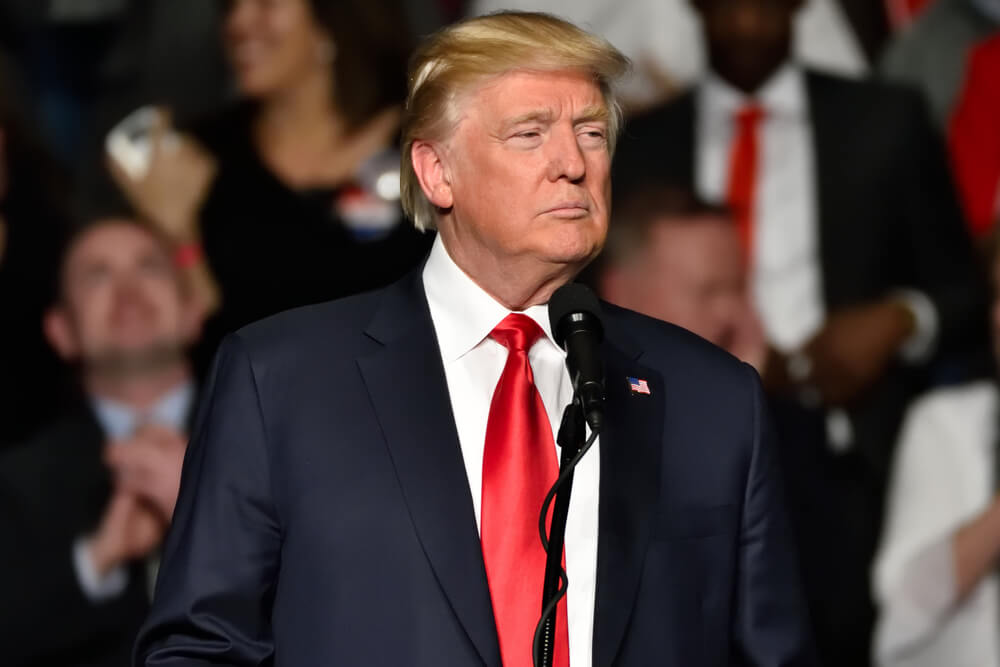President Donald Trump said Thursday during a Congressional Republican retreat in Baltimore that he is preparing an “inspirational” middle-class tax cut that should arrive within the next year.
“It will be a very substantial tax cut,” Trump said, adding the tax cut would be “very, very inspirational” without providing further details.
Trump also decided not to pursue cutting taxes via indexing capital gains to inflation after meeting with his advisers. The consensus was that most of the benefits from indexing capital gains to inflation would go to the already wealthy as the top 1% of households would receive 86% of the benefit, according to 2018 estimates by the Penn Wharton Budget Model.
The policy also would reduce tax revenue by $102 billion over a decade, the model shows.
The administration also has decided against cutting payroll taxes, according to Treasury Secretary Steve Mnuchin. Instead, Mnuchin told CNBC, the president is focused on a second round of tax cuts.
Of course, there is a major hurdle: Democrats control the House of Representatives, so it will be nearly impossible to get another tax cut passed after the GOP-controlled Congress passed the Tax Cuts and Jobs Act in late 2017.
Tax legislation must originate in the House, per the Constitution, and there’s no way Democrats will just hand Trump an economy boost ahead of the 2020 elections.
House Speaker Nancy Pelosi and House Ways and Means Commitee Chair Richard Neal have both said they’re in favor of a middle class tax cut, but they must be offset by higher taxes on the wealthy. If Trump and the Democrats could compromise by cutting taxes on lower earner while raising taxes on higher earners, Republicans could balk, dividing the government again and passing any legislation impossible.
Trump also suggested a big middle-class tax cut ahead of the 2018 midterm elections — if Republicans were able to maintain control of the House. At the time, Trump suggested cutting taxes for middle-income earners by up to 10%, which came as a shock to administration officials and lawmakers who said they were hearing this for the first time.
